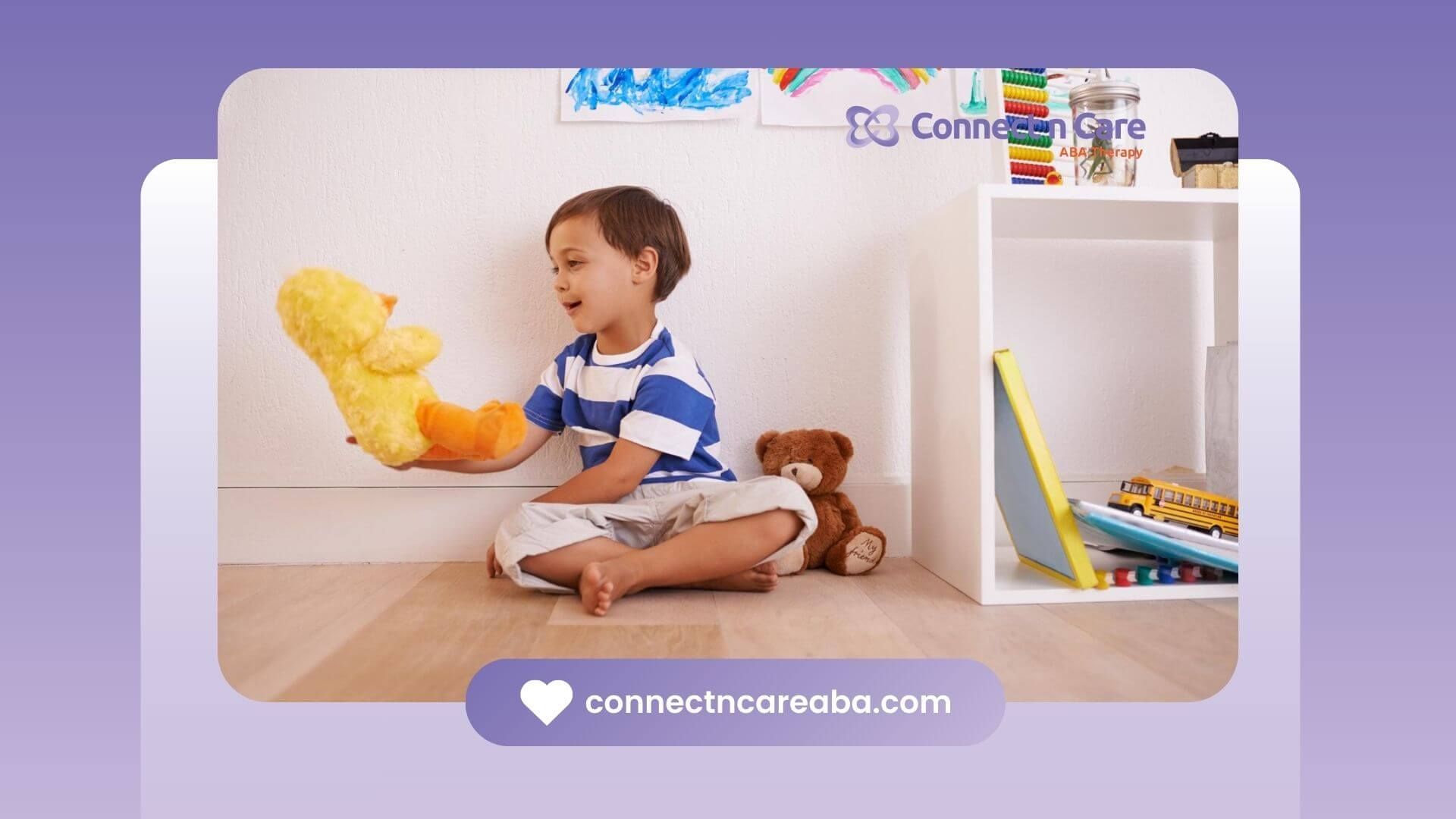Yes, you can self-identify as autistic. Many adults discover they’re likely on the autism spectrum through personal research, community stories, or online assessments—especially when professional diagnosis isn’t accessible.
While self-identification isn’t the same as a formal diagnosis, it’s a valid first step for many people seeking to understand themselves better.
Why People Self-Identify as Autistic
Getting a clinical autism diagnosis can be expensive, time-consuming, or simply not available—especially for adults, women, and people of color who may have been overlooked as children.
Self-identifying gives people a way to connect the dots: why certain social situations are overwhelming, why routines matter so much, or why they’ve always felt “different.”
Autism is a neurodevelopmental condition with a spectrum of traits. If you recognize yourself in those traits and it brings clarity, that’s meaningful. Many join online communities or read lived experiences from others to better understand their own.
That said, a professional diagnosis can open doors to support, workplace accommodations, and therapy options. It’s not required to embrace your identity—but it can help, especially if you're looking for specific resources.
Considering Support? You're Not Alone
Whether you’re self-identifying or pursuing a formal diagnosis, support matters. At Connect N Care ABA, we offer compassionate, individualized autism services across North Carolina. Our team is here to help children and families understand and thrive with autism—no judgment, just support.
Ready to explore what’s next? Connect with our team today.









